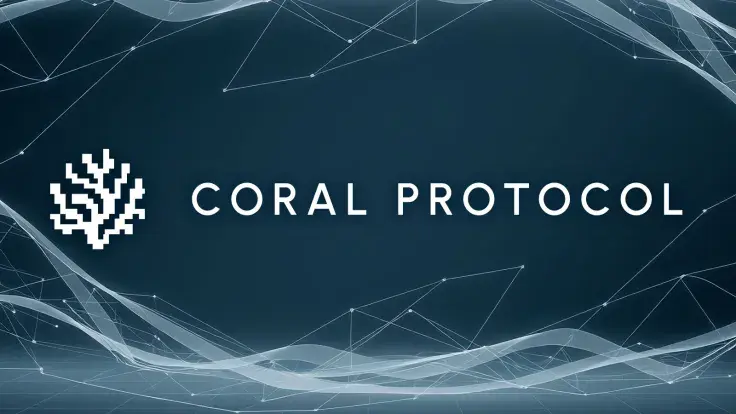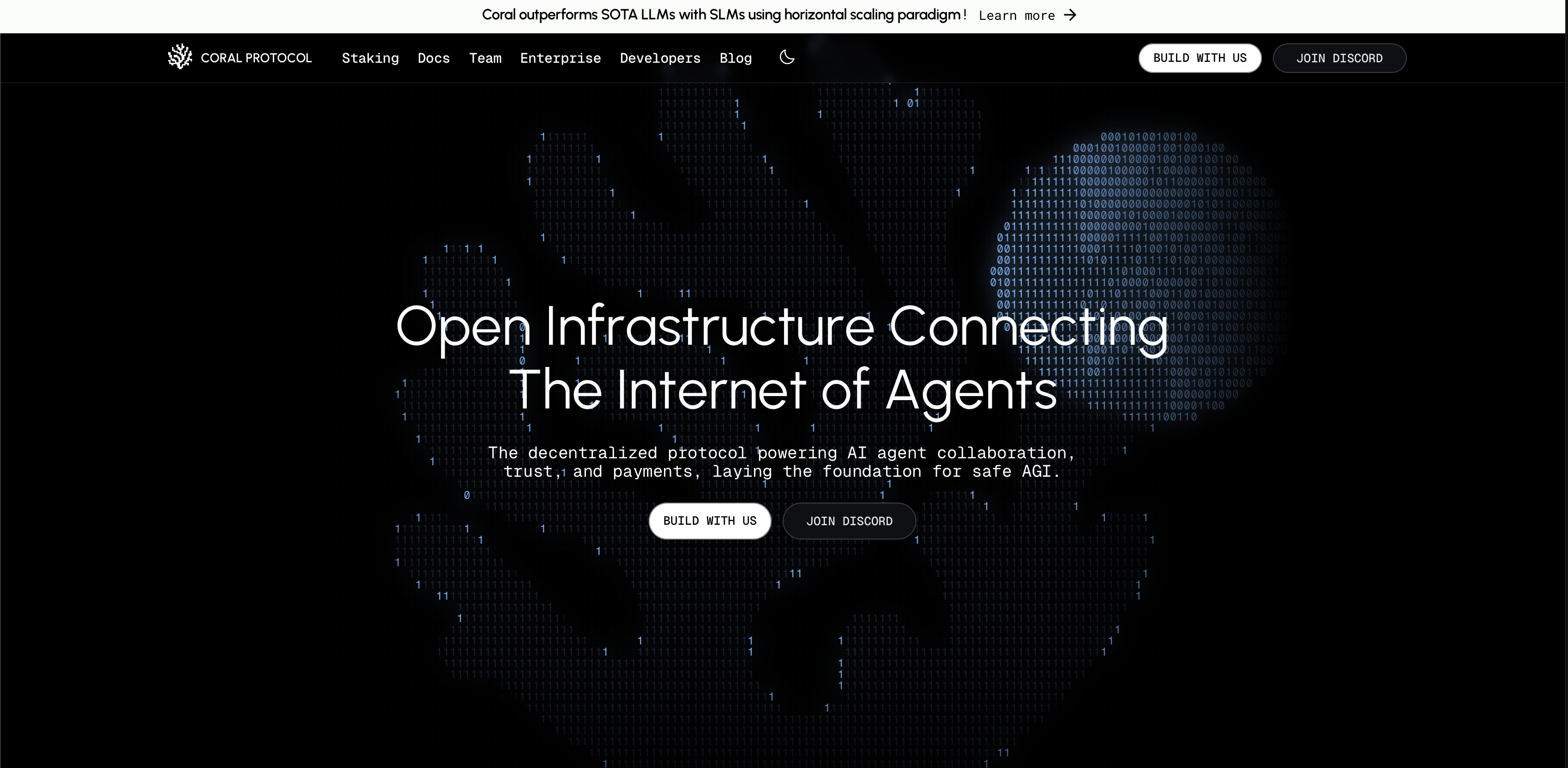
The likes of OpenAI, Google and Anthropic continue to hog most of the headlines in the artificial intelligence industry, but their dominance could soon be threatened by numerous startups that seize on the advent of decentralized infrastructure.
In a highly competitive hackathon last month, hundreds of teams of developers proved that decentralized AI is finally ready for prime time, building dozens of innovative AI applications atop Coral Protocol’s infrastructure for “multi-agent systems.”
The Internet of Agents hackathon by Solana and Coral Protocol steals spotlight this September
In September 2025, the first-ever The Internet of Agents Hackathon by Coral AI platform and top-tier L1 blockchain Solana witnessed more than 3,000 developers.

The attendees split into almost 400 teams, demonstrating the possibilities of decentralized AI agents that work autonomously on behalf of humans. The event saw more than 100 submissions of real-world applications in just one week, with Coral and Solana dishing out $100,000 of prizes to the winning teams across categories, including agent developers, application developers and partner technologies.
The event was the first time that many of the developers were able to access Coral's v1 infrastructure platform, and they wasted little time in putting it to use.
Coral is a blockchain-based startup that is trying to prove that decentralized AI can match the capabilities of proprietary AI systems like ChatGPT. Its Solana-based platform enables multiple specialized AI agents to communicate with one another so they can collaborate on complex tasks.
It supports the creation of multi-agent systems that are much more capable than the individual agents that go into them. Because it is an open platform, it is also highly transparent, providing full visibility into the reasoning processes of each AI agent.
New frontier for Coral Protocol's ecosystem of AI innovators
Besides Solana, a number of Coral’s technology partners participated in the hackathon, including LabLab.ai, Mistral AI, ElevenLabs, Lovable, Crossmint, AI/ML API, NativelyAI and Nebius, providing integrations, developer tooling and expertise to hackathon teams.
They were joined by Coral’s cofounders, Roman Georgip and Caelum Forder, who presented a series of in-person and online workshops to show teams the capabilities of its infrastructure.
The hackathon concluded with a special event at Solana Skyline NYC, where the selected finalists had the opportunity to pitch their projects to the judges and dozens of investors.
As Solana noted in a post on X, it was a key milestone for the decentralized AI industry, as developers proved they can build agentic applications that are every bit as good as those built on proprietary systems.
One of the most notable winners was LIORA, an AI agent for media creation that selects the most appropriate image- and video-generation models based on the user’s request, in order to create more realistic content. Meanwhile, Reef is a visual AI agent workflow platform for building and deploying multi-agent systems with only natural language inputs. Another winner was AI-CMO, which is an agentic “chief marketing officer” for early-stage startup founders that automates content creation and social media campaigns.
Prizes also went to projects like Nova, which has created a voice-enabled Web3 concierge for discovering, buying and selling NFTs via a conversational interface, and InsightPilot, which has built an agentic system that simulates user interviews and generates insights based on their responses.
Also notable was Borkov, a DeFi agent that leverages “Markov” processes to automate on-chain lending and make it more profitable.
In addition to the $100,000 prize pool, Coral awarded $27,500 in post-hack bounties as rewards for teams that hit key milestones, such as $1,000 in annual recurring revenue, garnering 100 signups and securing 500 social media links.
These rewards aim to encourage the hackathon teams to keep up their momentum and transform their applications into viable businesses, thereby helping to establish Coral as a key player in the agentic AI scene.
 Vladislav Sopov
Vladislav Sopov Dan Burgin
Dan Burgin